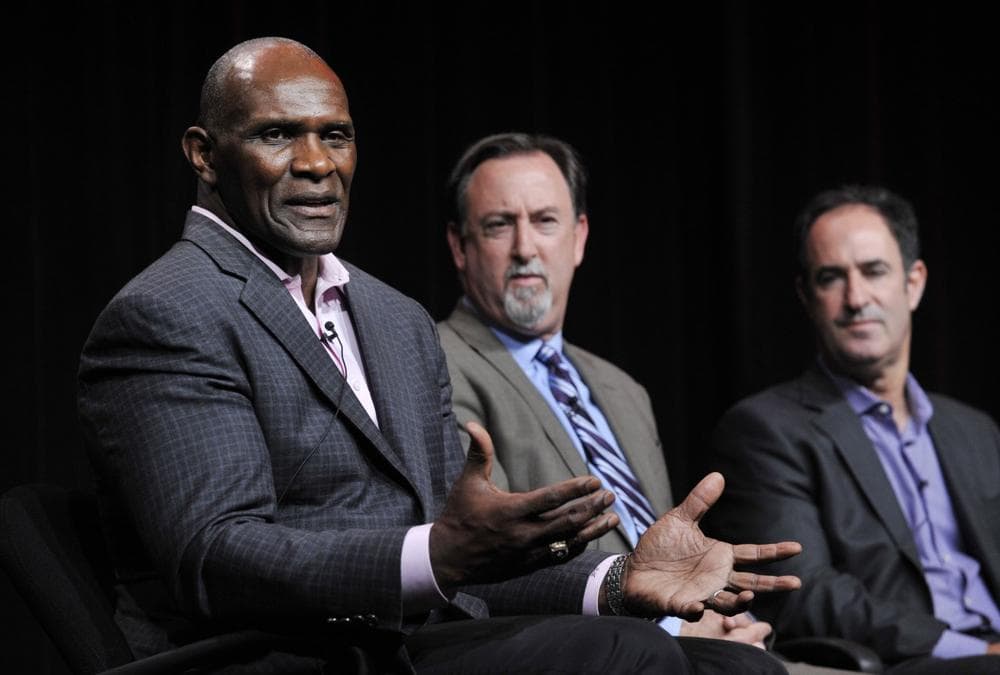Advertisement
Commentary
ESPN And Frontline Part Ways Over 'League Of Denial'
Resume
In days of old it was simple.
Baseball writers traveled by train at the expense of the teams they covered. The longest trips began or ended in St. Louis. The newspapers employing the writers were delighted to accept the largesse of the owners, who counted on good publicity in return for that largesse.
The representative story from that time came courtesy of John Drebinger, who traveled with the Yankees for the New York Times during the illustrious and thoroughly sanitized career of Babe Ruth. On the train one night, Ruth, naked, burst into the car in which Drebinger and some of his colleagues were playing cards. A moment later a young woman, also naked, entered the car at full speed, or as close to full speed as she could manage under the circumstances. She was waving a knife.
As John Drebinger is alleged to have told the tale, one of the writers looked up from his cards and said to nobody in particular, “There’s another story we won’t cover.”
Perhaps the decision by ESPN to remove its corporate name from the "Frontline" documentary titled "League of Denial" was a throwback to those days of old. ESPN is in the business of broadcasting sports. It's a lucrative business, thanks in large part to the nation's enthusiasm for televised professional football. At least two aspects of the documentary of which ESPN had been a part were deemed to be insufficiently respectful of the NFL by ESPN President John Skipper. One was the contention in the trailer for the documentary, which advised viewers to "get ready to change the way you see the game." Obviously ESPN is happy with the way millions of people "see the game" right now. The second problem came with the film's final sound bite, wherein a neuropathologist named Ann McKee says of brain damage, "I'm really wondering if every football player doesn’t have this."
ESPN's decision to bail out of the project provoked discussion of journalistic ethics, inappropriate corporate influence on investigative reporters, and the elevation of concern for profit over concern for integrity. That discussion is a good thing, and "League of Denial" will probably get a great deal more attention than it would have if ESPN had gone along for the ride.
But it will be too bad if that discussion draws attention away from the two bits of the documentary that so troubled Skipper. What if Dr. Ann McKee is on to something in wondering about the condition of the brain of every football player, even if that's not literally applicable? And wouldn't it be something if "League of Denial" really did change the way we watch football?
This program aired on August 28, 2013.
